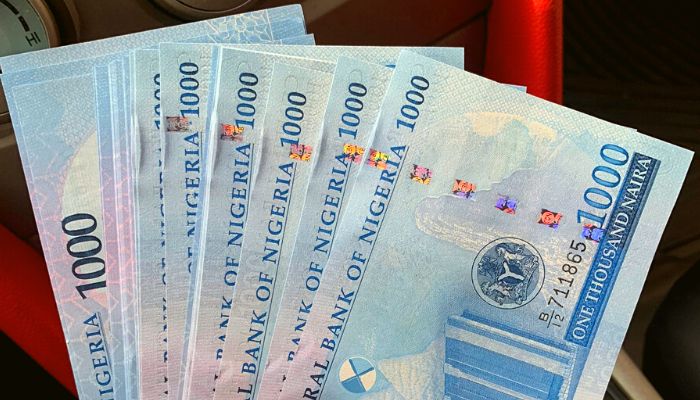Central Bank of Nigeria Resumes Intervention amidst Weaknesses of the Naira
The naira has lost about 70% of its value against the US currency since foreign exchange controls that had kept it artificially strong were lifted last year.
- Advertisement -
Nigeria’s central bank resumed foreign currency sales after the naira slipped to a fresh low against the dollar this week, with analysts blaming the local unit’s weakness on scaled-back intervention and profit-taking by foreign investors.
The Central Bank of Nigeria late Friday announced that it would sell the West African nation’s bureau de change operators as much as $20,000 each in an effort aimed at “providing more liquidity into the market.”
- Advertisement -
The sale, which targets customers needing dollars for purposes such as paying school fees abroad and trips outside of Nigeria for medical treatment, could add as much as $113 million to the domestic currency market, based on the nearly 5,700 exchange bureaus registered on the regulator’s website.
- Advertisement -
The CBN said in a statement on its website that bureaus could buy currency from it at an exchange rate of 1,580 naira per dollar.
The naira earlier softened to a new record low 1,639 naira per dollar on the official market before gaining 2.8% to end around 1,593 naira per dollar on Friday, according to FMDQ data compiled by Bloomberg.
“Pressure on the naira has built up given a lack of foreign exchange supply,” said Samir Gadio, head of Africa strategy at Standard Chartered Plc in London, who also pointed at offshore investor profit-taking as yields on domestic bonds fell. “Central Bank of Nigeria foreign exchange intervention will be key to stabilizing the naira,” he said.
- Advertisement -
The naira has lost about 70% of its value against the US currency since foreign exchange controls that had kept it artificially strong were lifted last year.
It found a degree of stability earlier in 2024 after the central bank took steps to shore it up, including aggressively raising interest rates, but has recently been back under pressure.
Reasons for the slide range from seasonal dollar demand as wealthy Nigerians take annual vacations, to businesses seeking greenbacks to bring goods into the import-dependent nation.
To ease some pressure, the central bank boosted dollar liquidity through direct intervention and by holding a rare auction last month for $876 million.
Previously, the central bank sold bonds at higher yields to mop up naira liquidity and attract investor inflows. But it has also recently been conducting treasury bill auctions and open market operations at lower yields after inflation slowed in July.
Source: Bloomberg
- Advertisement -


